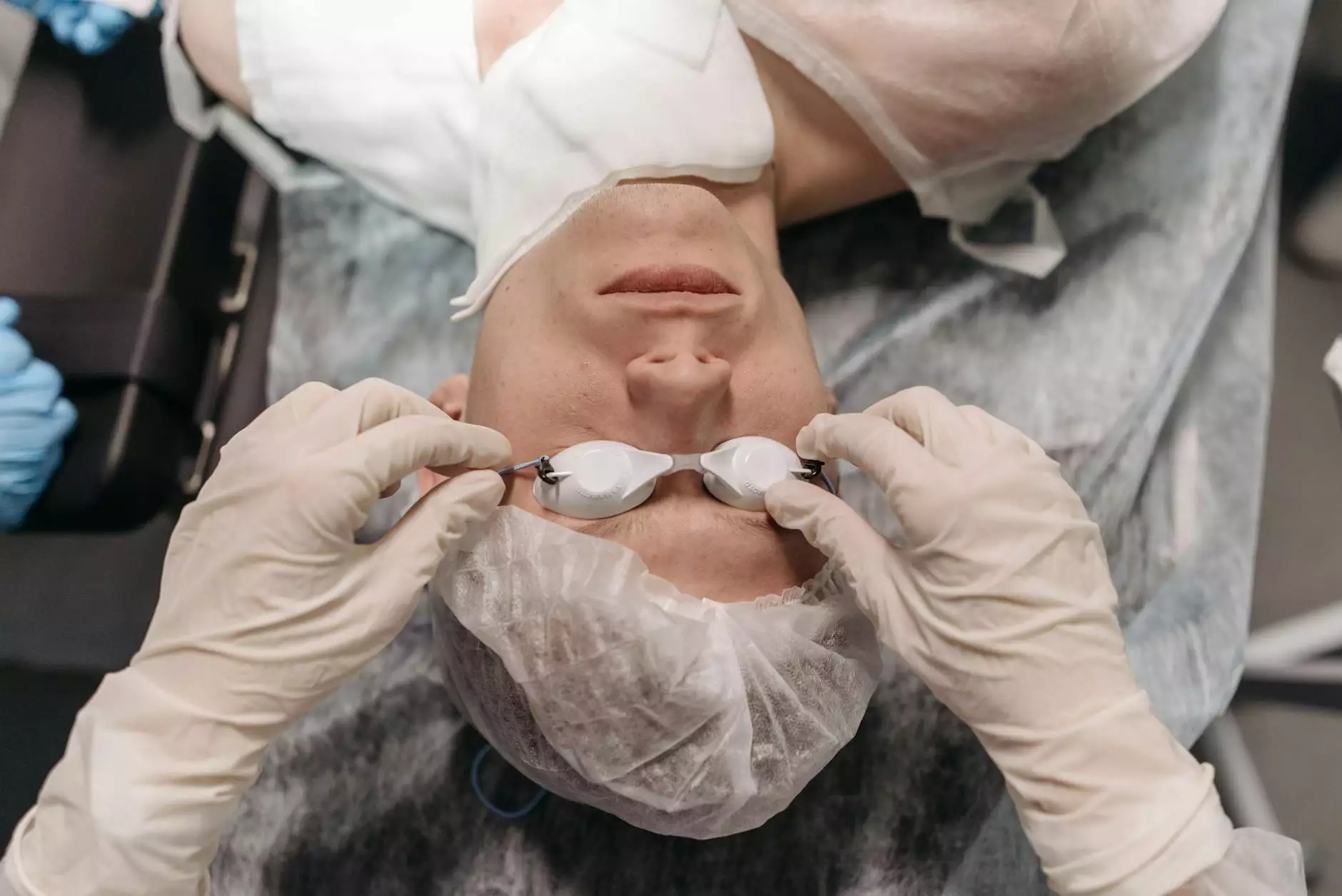The Vital Role of a **Thoracic Surgeon** in Modern Medicine

The field of medicine encompasses a plethora of specialists, each contributing uniquely to patient care. Among them, the thoracic surgeon stands out as an essential figure, particularly in the realms of health and medical treatment. This article delves deeply into the crucial role that thoracic surgeons play, the procedures they perform, and how their expertise enhances patient outcomes.
What is a Thoracic Surgeon?
A thoracic surgeon is a medical professional specializing in surgical procedures involving the chest region. This specialization includes organs such as the heart, lungs, esophagus, and other structures within the thoracic cavity. These surgeons undergo extensive training, typically completing a general surgery residency followed by a dedicated thoracic surgery fellowship.
Training and Qualifications of a Thoracic Surgeon
The journey to becoming a thoracic surgeon is rigorous and demands a strong commitment to medical education. Here’s a breakdown of the typical path:
- Undergraduate Education: Completing a bachelor’s degree is the first step, often with a focus on science-related fields.
- Medical School: Students must be accepted into and complete a medical school program to earn a Doctor of Medicine (MD) or Doctor of Osteopathic Medicine (DO) degree.
- Residency Training: Following medical school, aspiring thoracic surgeons undertake a general surgery residency, which lasts about 5 years.
- Fellowship: After completing their residency, they typically enter a thoracic surgery fellowship for an additional 2-3 years of specialized training.
Successful completion of these programs leads to board certification in thoracic surgery, ensuring that the surgeon has met the highest standards in the field.
Key Procedures Performed by Thoracic Surgeons
Thoracic surgeons are involved in a variety of intricate surgical procedures. Here are some key operations they commonly perform:
1. Lobectomy
A lobectomy involves the surgical removal of a lobe of the lung, frequently performed in cases of lung cancer or severe lung infections. This procedure can significantly enhance a patient's breathing and overall health.
2. Esophagectomy
This procedure entails the removal of part or all of the esophagus, often conducted to treat esophageal cancer. The procedure is complex but can lead to improved recovery and survival rates for patients.
3. Coronary Artery Bypass Grafting (CABG)
CABG is a life-saving heart surgery where arteries or veins from other parts of the body are used to bypass blocked coronary arteries, restoring blood flow to the heart.
4. Thoracotomy
A thoracotomy is a surgical incision into the chest wall, used to access the thoracic organs for various procedures, including biopsies, tumor removals, and treatments for lung diseases.
5. Mediastinoscopy
This minimally invasive procedure allows surgeons to examine areas between the lungs, particularly for evaluating lymph nodes for cancer.
The Importance of Thoracic Surgeons in Health and Medical Fields
The expertise of a thoracic surgeon is vital not only in surgical interventions but also in the multidisciplinary approach to treating patients with complex health issues:
- Patient Assessment: Thoracic surgeons play a crucial role in assessing patients' eligibility for surgical procedures, conducting comprehensive evaluations that include imaging studies and biopsies.
- Collaboration with Other Specialists: In many cases, thoracic surgeons work alongside oncologists, pulmonologists, and cardiologists to develop comprehensive treatment plans tailored to a patient’s specific needs.
- Post-operative Care: The care does not end once the surgery is completed. Thoracic surgeons are pivotal in monitoring recovery, managing complications, and ensuring patients get back on the road to health.
Physical Therapy and Rehabilitation: A Collaborative Effort
After surgery, physical therapy is often vital for recovery. The collaboration between thoracic surgeons and physical therapists is essential for helping patients regain their strength and mobility. Here’s how they work together:
1. Customized Rehabilitation Plans
Physical therapists devise individualized rehabilitation programs that consider the specific thoracic surgery performed, aiding patients in safely regaining their physical capabilities.
2. Pain Management
Physical therapy techniques can assist in managing post-surgical pain, providing patients with tools to alleviate discomfort without relying solely on medications.
3. Breathing Exercises
Thoracic surgeries may affect a patient’s lung capacity. Physical therapists guide patients through breathing exercises designed to enhance lung function and reduce complications like pneumonia.
Challenges Faced by Thoracic Surgeons
While the role of a thoracic surgeon is rewarding, it is not without its challenges:
- Complexity of Procedures: Many thoracic surgeries are highly intricate, requiring precision and expertise, and carry inherent risks.
- Long Hours: The demands of the job often mean long hours in surgical suites and on-call rotations.
- Emotional Toll: The nature of the cases can sometimes be emotionally taxing, especially when outcomes are not favorable.
The Future of Thoracic Surgery
The field of thoracic surgery is evolving rapidly with technological advancements. Some of the anticipated developments include:
1. Minimally Invasive Techniques
With the advent of robotic-assisted surgery and video-assisted thoracoscopic surgery (VATS), thoracic surgeons can perform procedures with smaller incisions, resulting in quicker recovery times for patients.
2. Enhanced Imaging Techniques
Advanced imaging modalities such as 3D imaging and intra-operative imaging are improving pre-operative planning and surgical precision.
3. Personalized Medicine
The integration of genetic profiling and personalized treatment strategies is expected to enhance surgical outcomes, especially in oncology-related thoracic surgeries.
Conclusion
The contributions of a thoracic surgeon to health and medical practice are profound. From complex surgeries to working collaboratively with other healthcare providers, their expertise is indispensable in improving patient outcomes. As the field continues to advance with technology and research, the role of thoracic surgeons will only become more critical, ensuring that patients receive the best possible care in their journey towards recovery.
For individuals seeking assistance in thoracic matters, understanding the significance and scope of thoracic surgery can empower them to make informed healthcare decisions. Whether in the context of sports medicine or rehabilitation, the collaboration between surgeons and therapists remains essential for optimal health outcomes.









